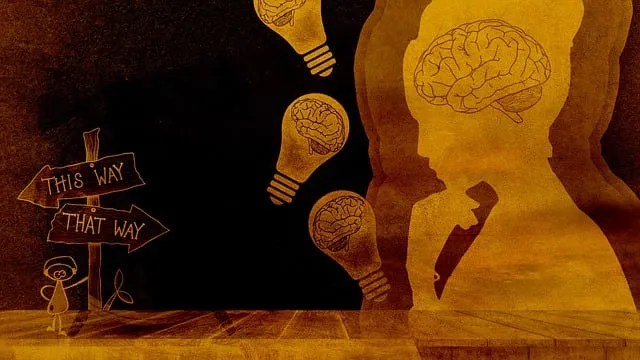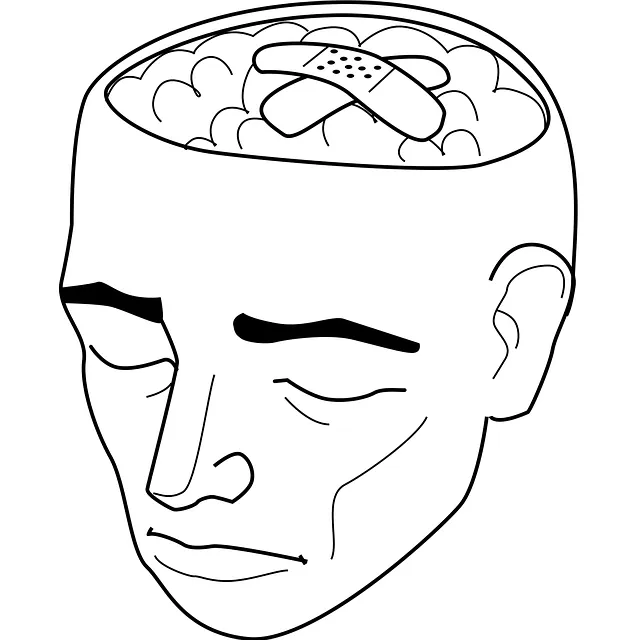Kaiser Permanente's Crisis Intervention Team (CIT) training equips healthcare professionals with skills to address mental health crises effectively, combining de-escalation, active listening, and stress reduction. The program includes cultural competency training and utilizes resources like the Superior-focused mental health number for support. Through workshops, campaigns, and a dedicated hotline, Kaiser Permanente fosters compassionate care, prevents burnout, and promotes open conversations about mental health.
“Crisis intervention teams (CITs) play a vital role in providing immediate support during mental health crises. This article explores the importance of comprehensive CIT training programs, especially highlighting the resources offered by Kaiser Permanente Mental Health. By understanding the key components of effective training, organizations can empower their CIT members to handle crises with confidence and skill. With a focus on the Kaiser Permanente mental health support system, this guide offers valuable insights for enhancing crisis response capabilities.”
- Understanding Crisis Intervention Team (CIT) Training Programs
- Key Components of Effective CIT Training
- Kaiser Permanente Mental Health Support: A Resource for CIT Teams
Understanding Crisis Intervention Team (CIT) Training Programs

Crisis Intervention Team (CIT) training programs are designed to equip healthcare professionals with the necessary tools and skills to handle mental health crises effectively. These programs, often offered by organizations like Kaiser Permanente, focus on enhancing the capabilities of existing staff to provide immediate support to individuals experiencing severe emotional distress or suicidal ideation. The training combines evidence-based practices in de-escalation, active listening, and crisis intervention to ensure healthcare providers can offer compassionate and competent care during critical moments.
In addition to direct crisis management, CIT programs also emphasize the importance of stress reduction methods and burnout prevention strategies for healthcare providers. By incorporating these aspects, the training aims to foster a culture that prioritizes provider well-being while improving patient outcomes. The mental health number for Superior-focused initiatives often serves as a central resource, linking professionals and individuals in need to specialized support. Moreover, Healthcare Provider Cultural Competency Training is integrated into CIT programs to ensure staff are equipped to handle diverse patient populations, reflecting the increasing demand for culturally sensitive mental health services.
Key Components of Effective CIT Training

Effective crisis intervention team (CIT) training programs are designed to equip healthcare professionals with the necessary skills to handle mental health crises competently and empathetically. Key components include rigorous education on recognizing and assessing distress, evidence-based interventions like de-escalation techniques, and cultural sensitivity in mental healthcare practice. Training should cover a range of scenarios, from suicide prevention to managing aggressive behaviors, ensuring participants are prepared for diverse challenges.
The role of organizations like Kaiser Permanente is pivotal, providing resources and support for ongoing professional development. This includes Stress Management Workshops Organization to help frontline staff cope with workplace pressures and Public Awareness Campaigns Development aimed at normalizing conversations around mental health. By integrating these elements, CIT training becomes comprehensive, fostering a culture where every team member understands their role in supporting individuals during crises.
Kaiser Permanente Mental Health Support: A Resource for CIT Teams

Kaiser Permanente Mental Health Support offers a valuable resource for Crisis Intervention Team (CIT) training programs. With a dedicated mental health number, this initiative ensures healthcare providers have easy access to expert guidance when assisting individuals in crisis. The program incorporates evidence-based practices like Compassion Cultivation and Mind Over Matter principles, which empower CIT team members with essential tools to handle high-stress situations effectively.
By integrating these strategies into their training, Kaiser Permanente goes beyond the traditional CIT curriculum. They prioritize burnout prevention for healthcare providers—a critical aspect of sustained crisis intervention. This holistic approach not only enhances the quality of care but also promotes the well-being of those who dedicate themselves to supporting others during challenging times.
Crisis intervention team (CIT) training programs, encompassing essential skills and knowledge, are vital resources, especially with the support of organizations like Kaiser Permanente Mental Health. By integrating their expertise, CIT teams can effectively navigate and de-escalate crises, ensuring better outcomes for individuals in need. This article has highlighted the key components required to make these training programs successful, emphasizing the importance of comprehensive education for front-line responders. The mental health resources provided by superior organizations like Kaiser Permanente play a pivotal role in empowering CIT members to handle emergencies with compassion and professionalism.






